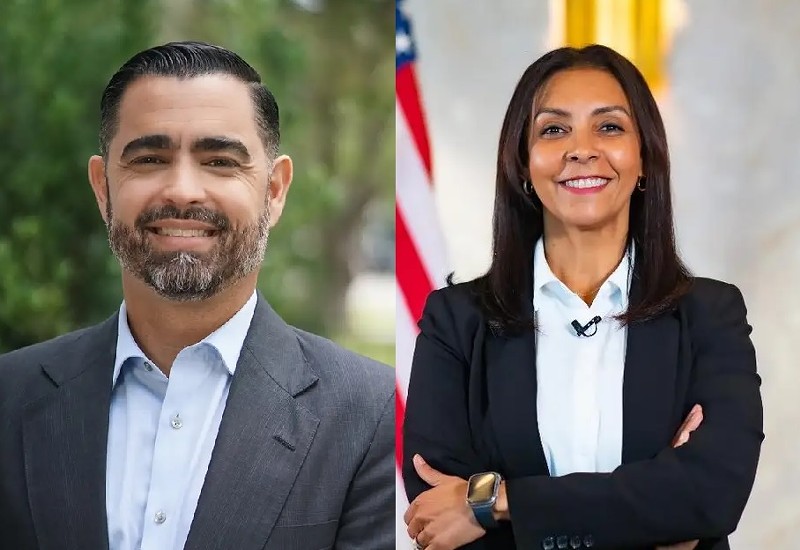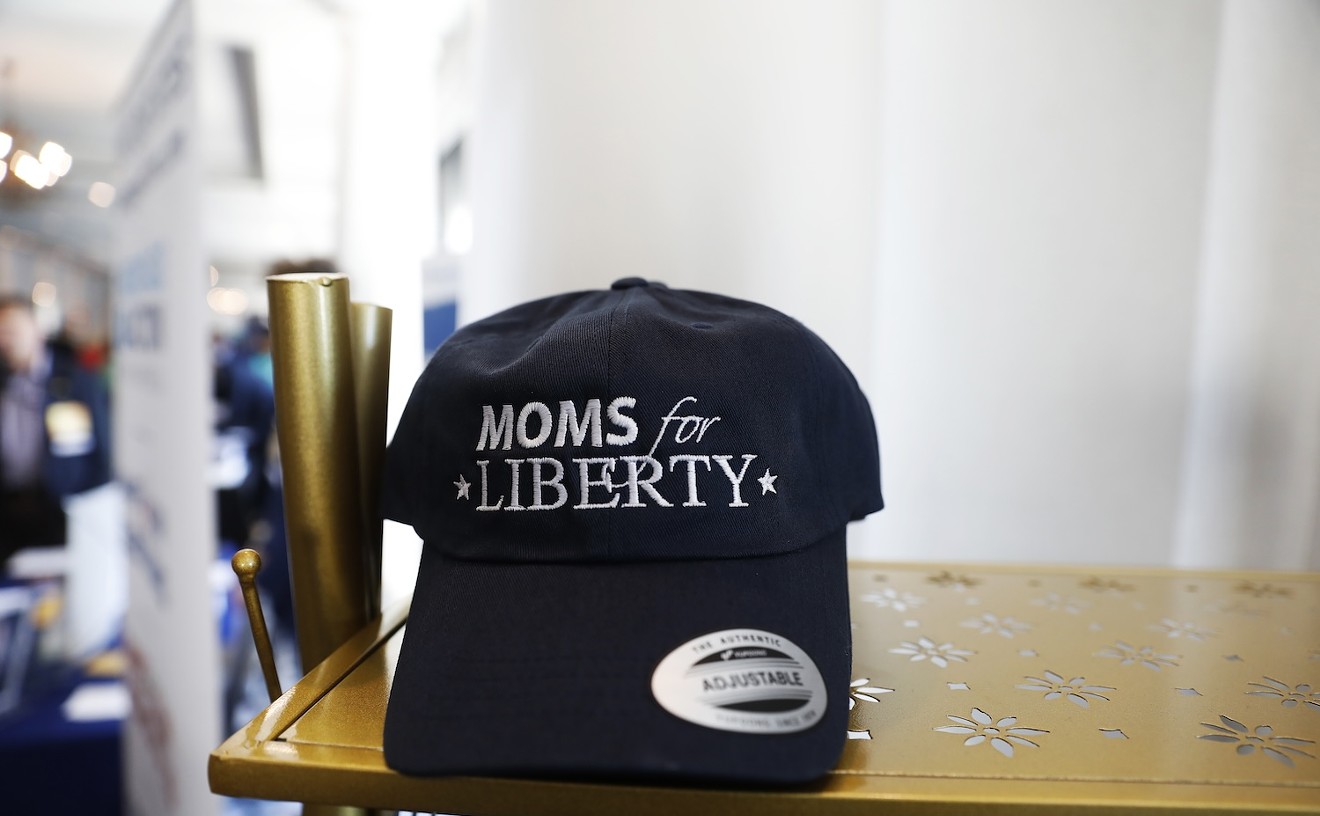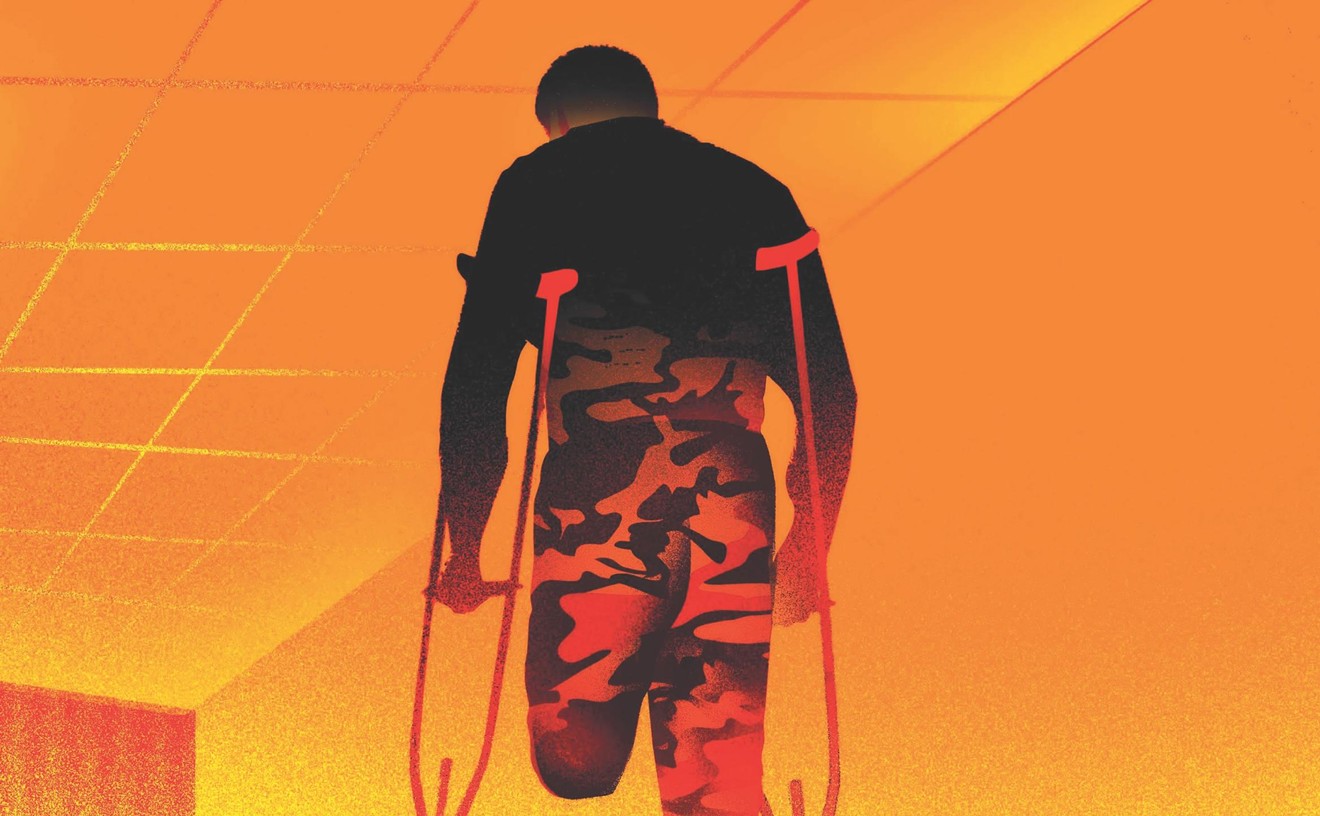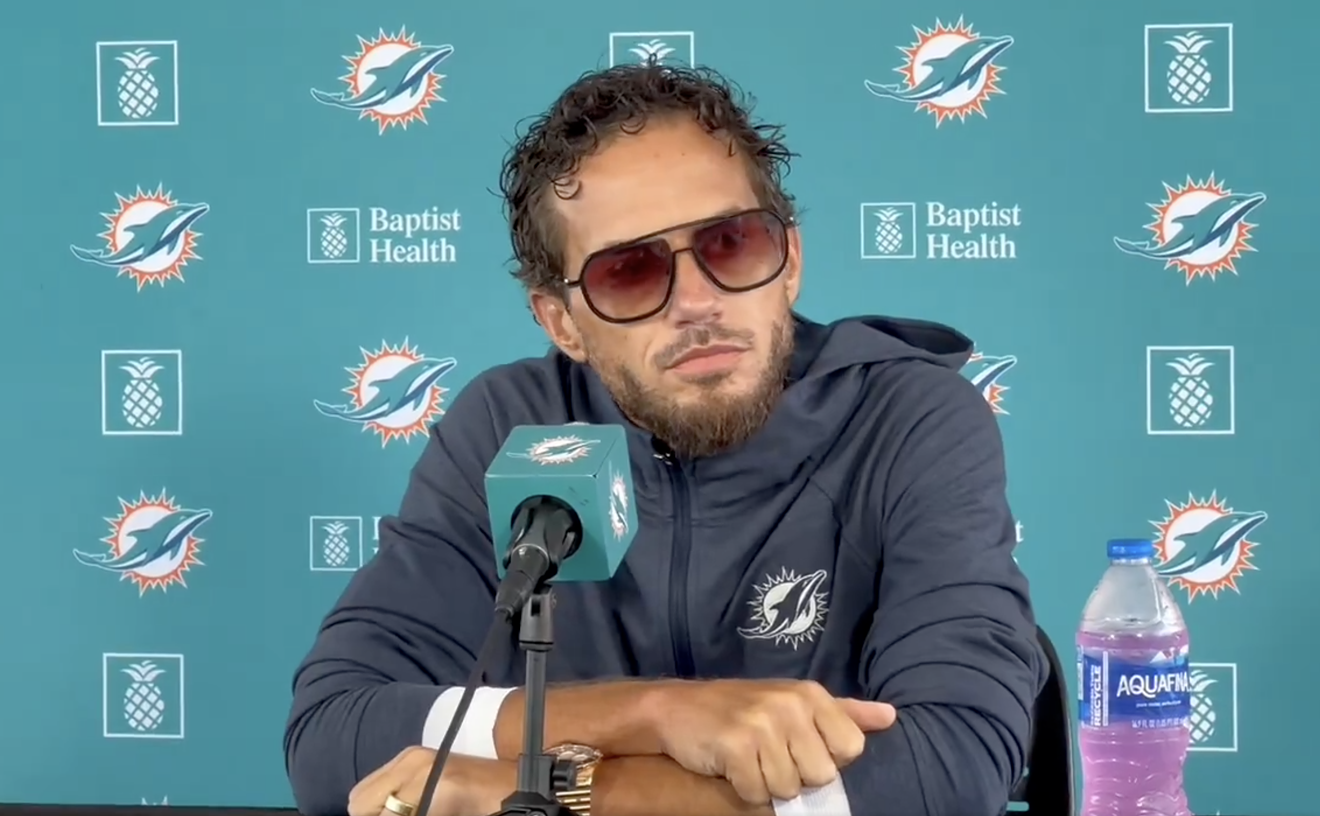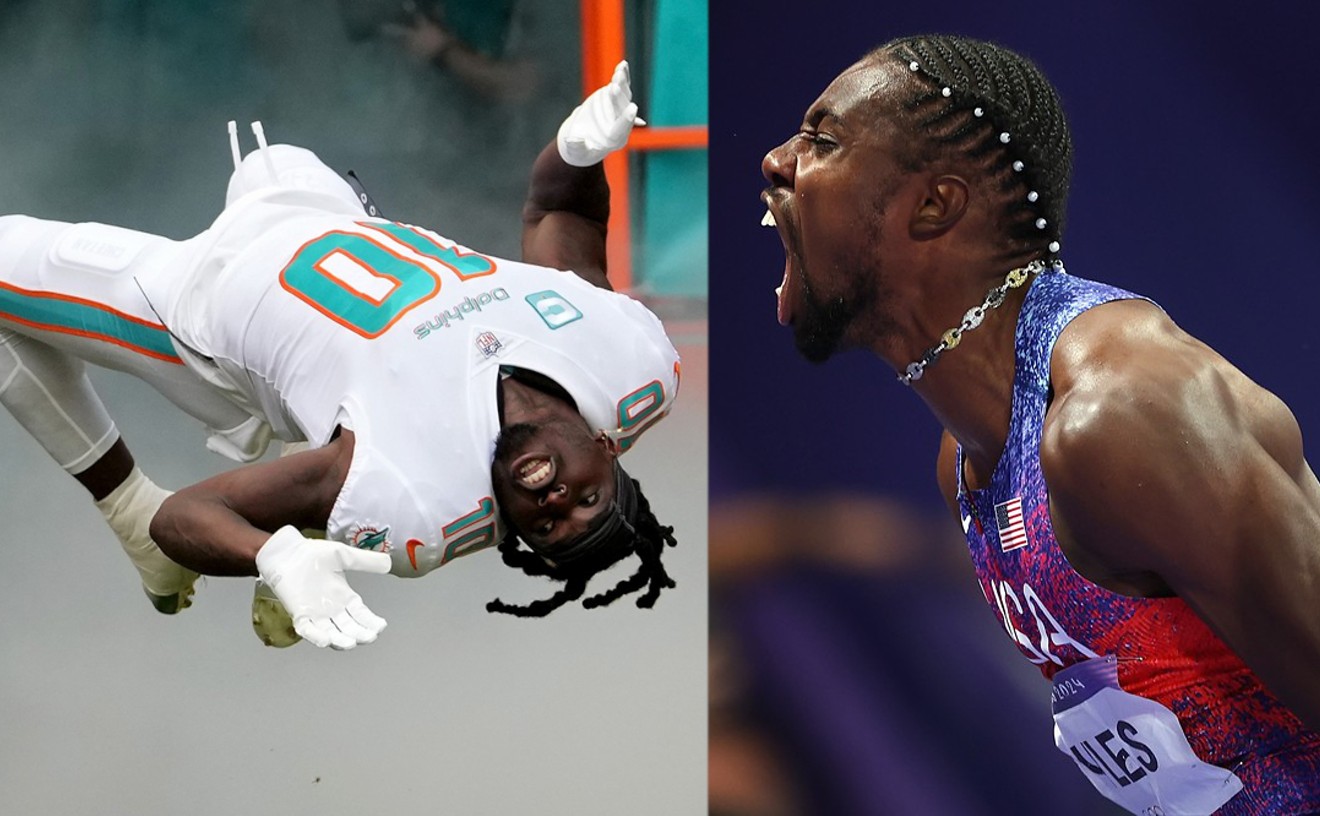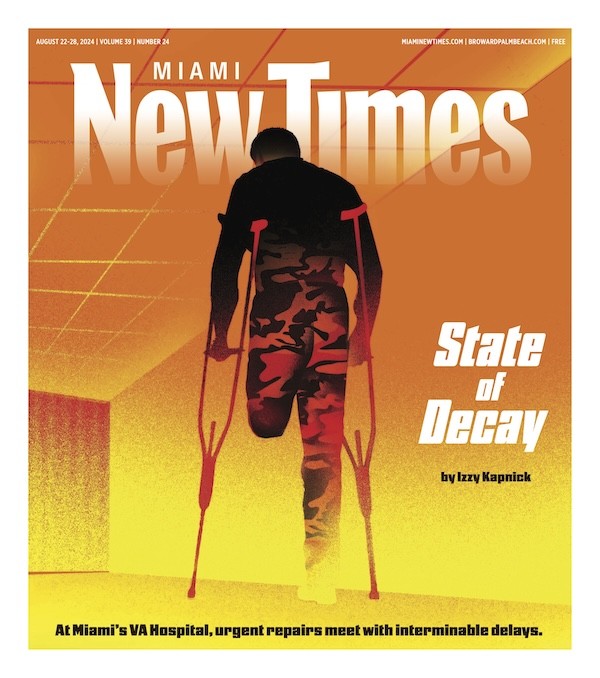A new sheriff is coming to Miami-Dade for the first time in 60 years, and the race has been narrowed to two candidates.
Republican Rosanna "Rosie" Cordero-Stutz and Democrat James Reyes are set to face off for the sheriff's position in November after securing their parties' respective nominations in the Miami-Dade County primary election on Tuesday.
The field was packed and well-funded, as millions of dollars poured into the fifteen candidates' campaigns and political committees. So, who raked in the big bucks, and did the deep pockets prevail?
For Reyes, who won with 46 percent of the votes (more than 25 points above his closest competitor), the contributions appear to have paid off.
Reyes, currently the Chief of Public Safety in Miami-Dade, raked in $176,000 in campaign contributions, and his PAC — Miami-Dade Safe and Secure — collected $594,000. His combined funding far surpassed that of his contenders in the primary: Rickey Mitchell, Susan Khoury, and John Barrow, according to Florida Politics.
Reyes' most recent contribution report from August 3 to 15 shows that more than 50 of the roughly 80 recent contributors to his campaign were South Florida law enforcement employees, including correctional officers, deputies, and sergeants.
During his campaign, Reyes marketed himself as a "forward-thinking law enforcement leader" and touted his past work at the helm of the Miami-Dade Corrections Department, saying he helped the agency improve jail conditions that had landed the county under Department of Justice oversight.
Runner-up Rickey Mitchell had logged $295,000 in campaign contributions, though $200,000 of the sum came from a loan he issued to himself back in June. The funding didn't give him the lead he wished for; Mitchell - a funeral home director and retired Miami-Dade Police Department lieutenant, wound up with less than 21 percent of the votes.
On the Republican side, Cordero-Stutz claimed the nomination with 24.3 percent of the votes in a crowded field of 11 candidates. Currently an assistant director of the Miami-Dade Police Department, she raised nearly $184,000 in direct contributions since the start of her campaign last October.
Cordero-Stutz has been with the Miami-Dade Police Department for nearly three decades. She campaigned on a platform of eliminating public corruption, strengthening relationships between law enforcement and community organizations, and "rigorous adherence to the rule of law."
She recently used roughly $36,000 of her contributions for last-minute advertisements between August 3 and 15. The most significant chunks were spent buying ad space on media channels, with one $12,000 purchase made on August 4 and a $9,000 purchase made on August 15, both with Influence Communications.
Her campaign got a big boost through endorsements from Donald Trump and U.S. Rep. Carlos Giménez.
The runner-up, Joe Sanchez, had amassed more than $580,000 in campaign cash but fell just short of the nomination with only 22.3 percent of the votes.
Cordero-Stutz also beat out high-profile candidate Joe Martinez, a suspended Miami-Dade County commissioner who had amassed $205,000 through his political committee in the three months leading up to the primary, in addition to $118,000 in direct contributions to his campaign.
Martinez's lucrative fundraising was overshadowed by a pending criminal corruption case against him. Miami-Dade prosecutors claim he accepted $15,000 in exchange for pushing an ordinance that would help a supermarket owner and a landlord avoid financial penalties.
Martinez denies the allegations and says he took the money as a private consultant. He placed the legislation on the agenda in 2017 but subsequently pulled it from consideration, he says.
Coming in third in the Republican primary for sheriff was Mario Knapp with 14 points. Knapp has worked for the Miami Dade Police Department since the late 1990s and served as a command-post leader during the search and recovery effort at the site of the 2021 Surfside condo collapse that killed 98 people.
While only 19 percent of Florida voters came out for the primaries, the number that voted in the Miami-Dade sheriff's race is neck and neck between the two parties. Ultimately, Democrats logged 110,139 votes cast, around 700 more than Republicans. The final contest for who will wear the badge looks like a close race.
The new sheriff's position marks a major shift in Miami-Dade County law enforcement structure.
The position was eliminated in the mid-1960s following a sprawling corruption scandal. Currently, Miami-Dade is the only county in the state without a sheriff. For now, the police department is overseen by a public safety chief reporting to the mayor's office.
In 2018, Florida voters passed a ballot item, Amendment 10, that, in effect, mandated the reinstatement of the Miami-Dade sheriff’s position.

Audio By Carbonatix
[
{
"name": "Air - MediumRectangle - Inline Content - Mobile Display Size",
"component": "19274298",
"insertPoint": "2",
"requiredCountToDisplay": "2",
"watchElement": ".fdn-content-body",
"astAdList": [
{
"adType": "rectangle",
"displayTargets": "mobile"
}
]
},{
"name": "Editor Picks",
"component": "17482312",
"insertPoint": "4",
"requiredCountToDisplay": "1",
"watchElement": ".fdn-content-body",
"astAdList": [
{
"adType": "rectangle",
"displayTargets": "desktop|tablet"
},{
"adType": "rectangle",
"displayTargets": "desktop|tablet|mobile"
}
]
},{
"name": "Inline Links",
"component": "18711090",
"insertPoint": "8th",
"startingPoint": 8,
"requiredCountToDisplay": "7",
"maxInsertions": 25
},{
"name": "Air - MediumRectangle - Combo - Inline Content",
"component": "17482310",
"insertPoint": "8th",
"startingPoint": 8,
"requiredCountToDisplay": "7",
"maxInsertions": 25,
"watchElement": ".fdn-content-body",
"astAdList": [
{
"adType": "rectangle",
"displayTargets": "desktop|tablet"
},{
"adType": "rectangle",
"displayTargets": "desktop|tablet|mobile"
}
]
},{
"name": "Inline Links",
"component": "18711090",
"insertPoint": "8th",
"startingPoint": 12,
"requiredCountToDisplay": "11",
"maxInsertions": 25
},{
"name": "Air - Leaderboard Tower - Combo - Inline Content",
"component": "17482313",
"insertPoint": "8th",
"startingPoint": 12,
"requiredCountToDisplay": "12",
"maxInsertions": 25,
"watchElement": ".fdn-content-body",
"astAdList": [
{
"adType": "leaderboardInlineContent",
"displayTargets": "desktop|tablet"
},{
"adType": "tower",
"displayTargets": "mobile"
}
]
}
]

